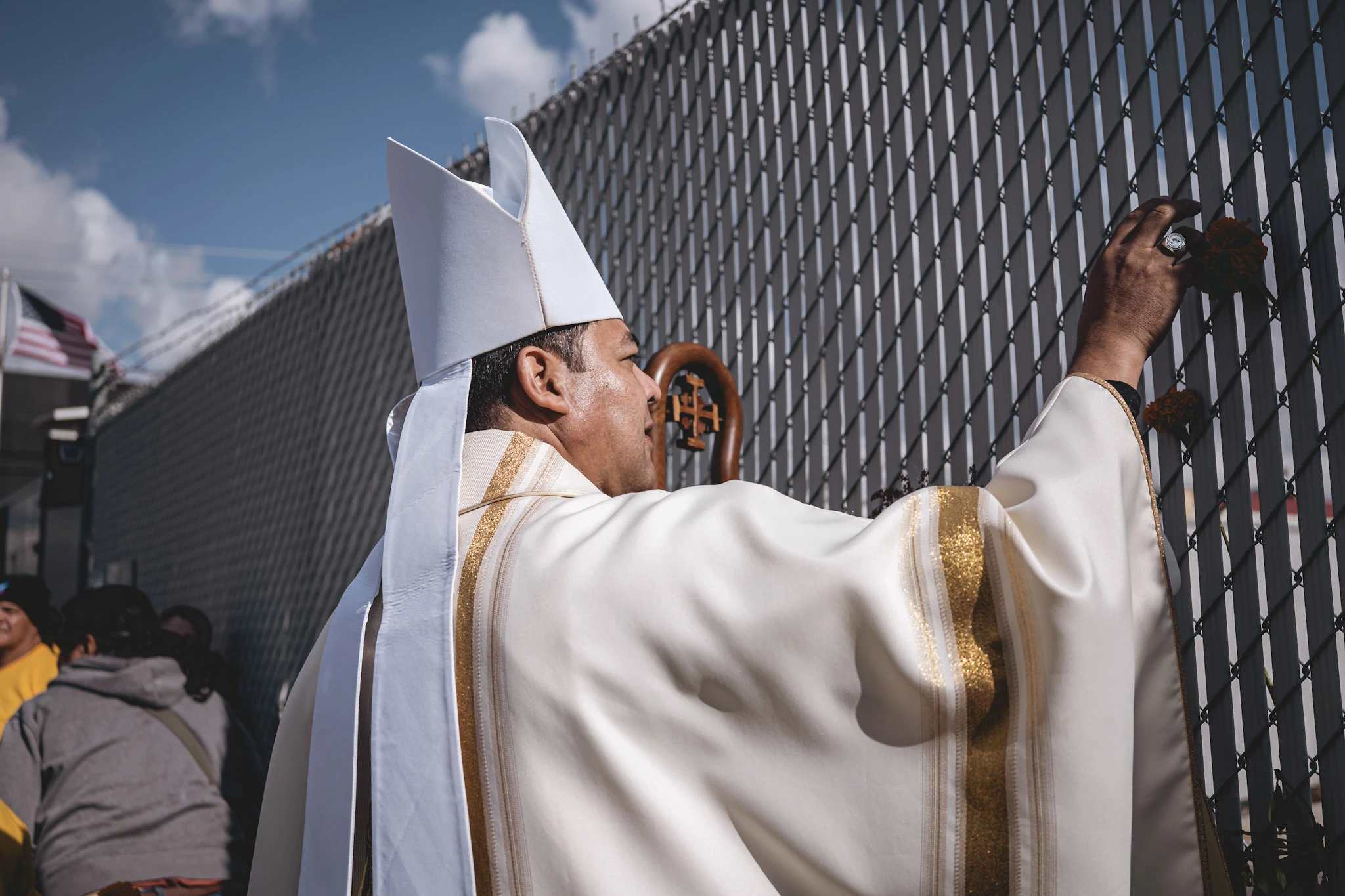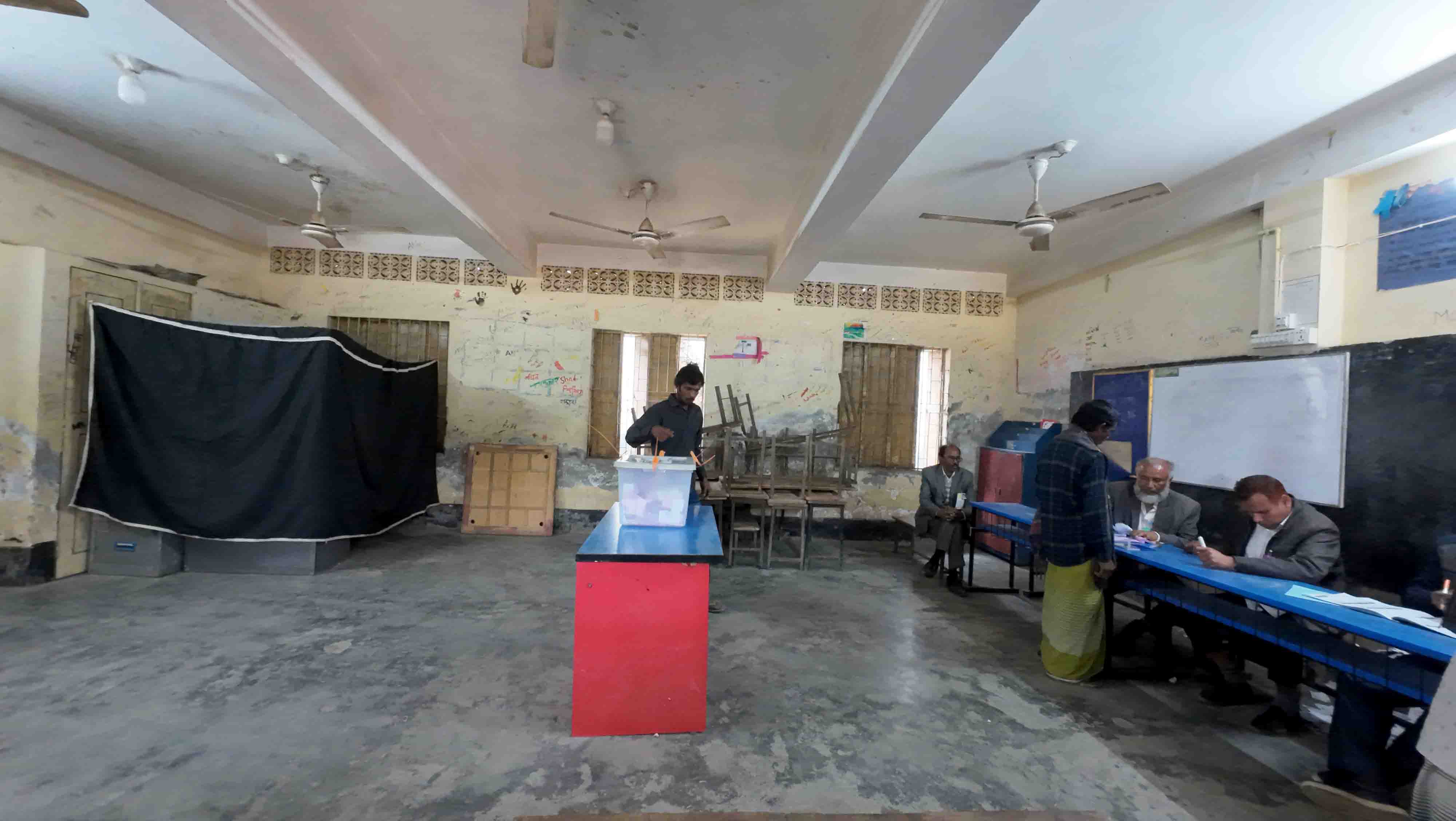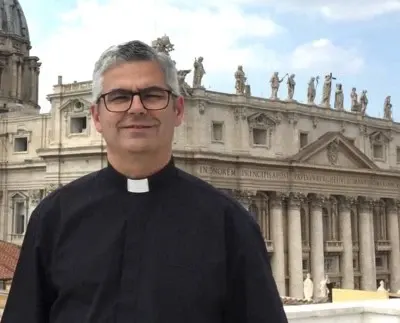Pope Leo XIV has appointed a Harvard University epidemiology professor and director of the Human Flourishing Program to the Pontifical Academy of Social Sciences.
Tyler J. VanderWeele, a Catholic, is also co-director of the Initiative on Health, Spirituality, and Religion at Harvard University and a contributor to the Institute for Family Studies, which promotes traditional marriage and family structures.
VanderWeele joins 35 other ordinary members — academics and professionals in the fields of law, political science, economics, and sociology — at the Vatican academy.
VanderWeele told EWTN News he is grateful "for the opportunity to participate and contribute" to the work of the Pontifical Academy of Social Sciences.
"Catholic social teaching has powerfully shaped the way I think about my own work and about the pursuit of societal flourishing," he said.
The academic, who entered the Catholic Church in 2012, said: "The principles of the dignity of the human person, the common good, subsidiarity, and solidarity provide a powerful roadmap for our life together. We certainly need to retain what is distinctive about the Catholic faith, but we also need to find common ground with others, and these principles of Catholic social teaching can help us to do so."
VanderWeele holds degrees in mathematics, philosophy, theology, finance, and biostatistics from Harvard, the University of Oxford, and the University of Pennsylvania.
The Catholic University of America awarded VanderWeele an honorary doctorate in 2020.
VanderWeele described his work at the Human Flourishing Program as aiming "to create a 'positive epidemiology,' wherein we study the distribution and determinants of well-being, and to expand the purview of public health to include the promotion of individual and societal flourishing," according to the website of the social sciences academy.
In 2015, the professor joined a group of scholars in filing an amicus brief in the case of Obergefell v. Hodges, arguing that there is no constitutional right to same-sex marriage.
VanderWeele has also written on the topic of preventing and healing child sexual abuse in religious communities.
He spoke about Christianity's contribution to the notion of human flourishing at a talk for the Veritas Forum at the Massachusetts Institute of Technology in 2023.
Established by Pope John Paul II in 1994, the Pontifical Academy of Social Sciences brings together academicians from a wide range of religious and nonreligious backgrounds. Current ordinary members include Catholic theologian Tracey Rowland and economist Jeffrey Sachs.
The academy is led by Sister Helen Alford, OP, president, and Cardinal Peter Turkson, chancellor.




